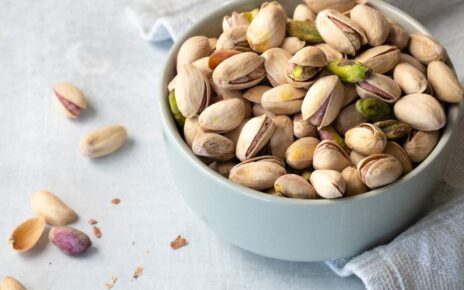Chronic stress can be very destructive to the body. There are many health destructive habits and addictions that should be eliminated in order to achieve a good and healthy quality of life. Chronic stress is the worst. It is imperative to get rid of it. Stress has become a way of life and is a great part of the human condition. What is important is how a person reacts to it when it appears. Stress is caused mainly by psychological or emotional situations. Stress notoriously depletes Vitamins A, B-complex, C and other nutrients. In addition it breaks down the immune system.
The subconscious mind and the brain have to deal with the effects of stress first.
When a person reacts to stressful situations with fear, anger, anxiety or depression without an immediate release of that tension; this can and will result in some serious illnesses. The symptoms of chronic stress include: high blood pressure, muscle tension, digestive disorders, a weakened immune system, cancer, heart disease and psychological problems.
The Key Nutrients to Relieve Stress
Take the first step to relieve stress by calming and relaxing the whole body with nutrients. Nutrition will not eliminate or correct the root causes of stress, but it will cushion the health damages and prevent diseases. Magnesium is a wonderful mineral that relaxes the organs in the body and creates and stores energy. It fights against stress and stress related conditions such as: Anxiety, apprehension, cardiovascular problems, migraines, insomnia, seizures, nervousness, irritability, mental depression and confusion.
Vitamin B Complex is essential for the health of the nervous system and brain function. It converts carbohydrates into energy and develops healthy red blood cells. It regenerates red blood cells and protects nerve fibers. The B-family manufactures several hormones in brain chemistry balance. It is vital for the cardiovascular health.
Omega 3 fatty acids reduce the tendency of blood clot-forming and the risk of stroke and heart attack. It is also good for over all cardiovascular health,skin health, immune support, mental disorders and depression.
The Diet Plan
All meals should include one or more foods from each of the following categories.
Magnesium stimulates and helps in the absorption of calcium, phosphorus, potassium, vitamins A, B-complex, C, and E. Green leafy vegetables, avocado, banana, plain yogurt, skim milk, brown rice, fish, dry beans and peas, all nuts and whole grains are very good sources of magnesium. High losses of magnesium result from the processing, refining and cooking of the foods. When magnesium supplement is necessary, it should be combined with calcium and is best in solution form.
Vitamin B-complex is found in black strap molasses, wheat germ, brewer’s yeast, bran, sunflower seeds, pumpkin seeds, all beans, and all nuts, dark green leafy vegetables, avocado, whole grains, banana, asparagus, oatmeal, and brown rice, salmon, beef, chicken, halibut, sardines, eggs, cheese, veal, lamb and yogurt.
Vitamin C is found in red & green peppers, Brussels sprout, cherry, acerola, rosehip, carambola, feijoa, lychee, black currant, cantaloupe, grape fruit, orange, kiwi, guava, strawberry, papaya, mango, watermelon, grapes, tangerine, cantaloupe, honeydew, pineapple, raspberry and tomato.
The best sources of Omega 3 fatty acids are all fish especially cold water fish such as salmon, mackerel, herring, sardines, tuna, bass, cod fish, blue fish. It is also found in canola oil, cod liver oil, chia seeds, flaxseed oil, dark leafy greens, pumpkin seeds, soybean oil, walnuts and walnut oil.
The importance of daily exercise – about half an hour five days a week, cannot be overemphasized.





